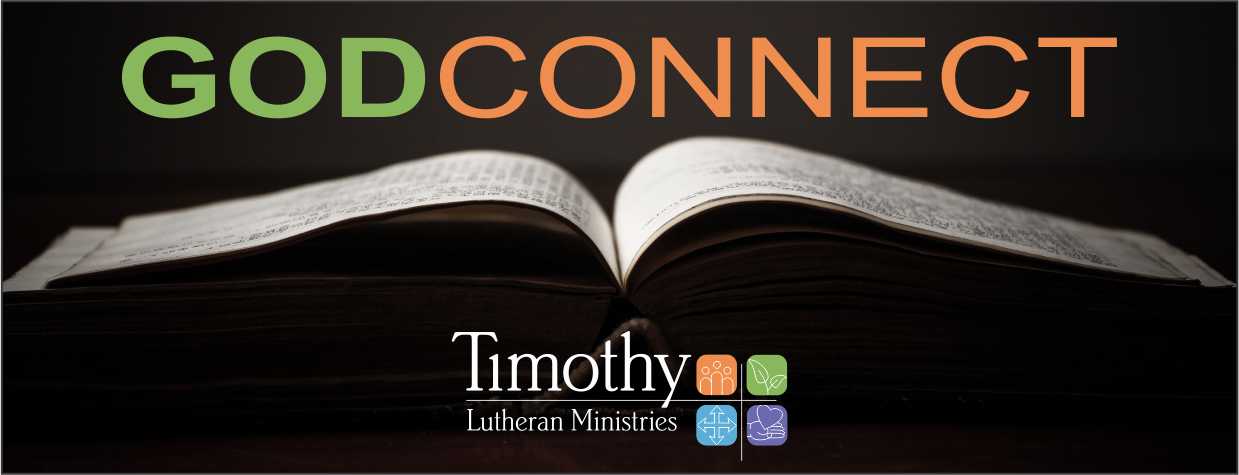2 Samuel 12:1-14 | “The Lord sent Nathan to David. When he came to him, he said, “There were two men in a certain town, one rich and the other poor. The rich man had a very large number of sheep and cattle, but the poor man had nothing except one little ewe lamb he had bought. He raised it, and it grew up with him and his children. It shared his food, drank from his cup and even slept in his arms. It was like a daughter to him. “Now a traveler came to the rich man, but the rich man refrained from taking one of his own sheep or cattle to prepare a meal for the traveler who had come to him. Instead, he took the ewe lamb that belonged to the poor man and prepared it for the one who had come to him.” David burned with anger against the man and said to Nathan, “As surely as the Lord lives, the man who did this must die! He must pay for that lamb four times over, because he did such a thing and had no pity.” Then Nathan said to David, “You are the man! This is what the Lord, the God of Israel, says: ‘I anointed you king over Israel, and I delivered you from the hand of Saul. I gave your master’s house to you, and your master’s wives into your arms. I gave you all Israel and Judah. And if all this had been too little, I would have given you even more. Why did you despise the word of the Lord by doing what is evil in his eyes? You struck down Uriah the Hittite with the sword and took his wife to be your own. You killed him with the sword of the Ammonites. Now, therefore, the sword will never depart from your house, because you despised me and took the wife of Uriah the Hittite to be your own.’ “This is what the Lord says: ‘Out of your own household I am going to bring calamity on you. Before your very eyes I will take your wives and give them to one who is close to you, and he will sleep with your wives in broad daylight. You did it in secret, but I will do this thing in broad daylight before all Israel.’ ” Then David said to Nathan, “I have sinned against the Lord.” Nathan replied, “The Lord has taken away your sin. You are not going to die. But because by doing this you have shown utter contempt for the Lord, the son born to you will die.”
The pharmacist had a good reputation. He was a family man and a good businessman. News reports listed his worth in the millions. Yet, to increase his profits, this trusted professional began to dilute the strength of the chemotherapy drugs he was dispensing. He was caught and convicted of the crime. He left many health-care workers asking, “How could this happen?”
Some of the same questions must have been asked about King David. Known as a man after God’s own heart, he used the power of his office to take another man’s wife (2 Sam.11). Then he conspired to take her husband’s life. The man who died was one of David’s own military officers who was away from home fighting the king’s battles. We could look at the failures of well-known people to feel better about ourselves. But if we feel good about the wrongs of others, we don’t know ourselves. The Bible doesn’t tell us about the sins of David to weaken our sense of moral alarm, but to put all of us on notice. The failures of others should cause us to be more aware of our own weaknesses and need for the grace of Christ. Only in the knowledge of our weakness will we be dependent on the strength of our God. — Mart DeHaan
The Bible, O Lord, is just like a mirror
That shows me the need of my heart,
For in it I see an accurate image,
A portrait of me—every part. — Hess
The Bible is a mirror that reflects how God sees us.

